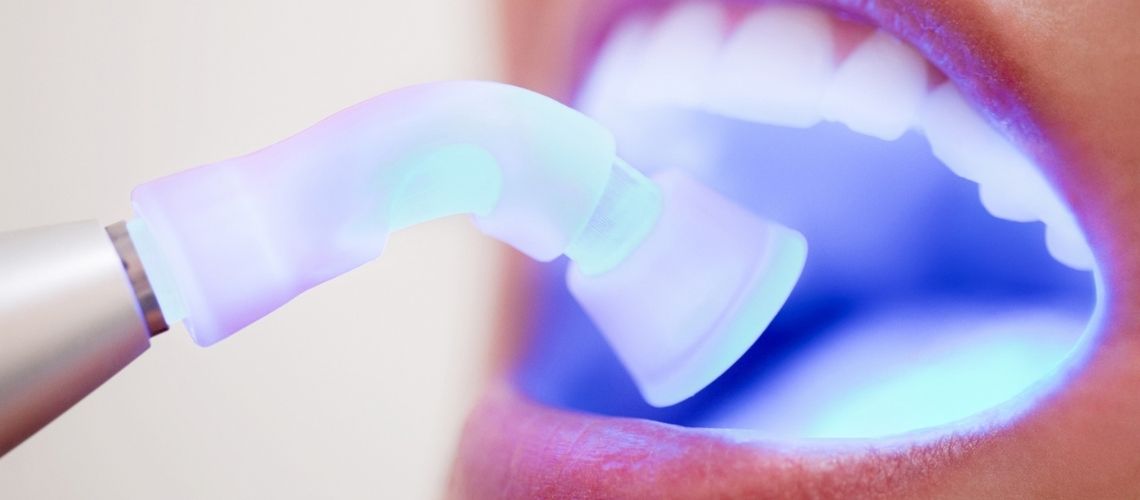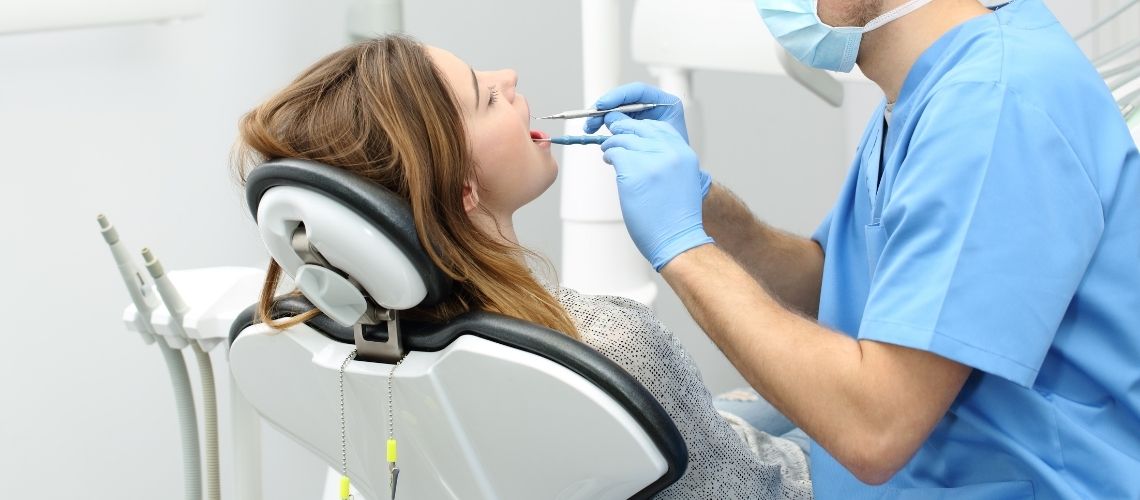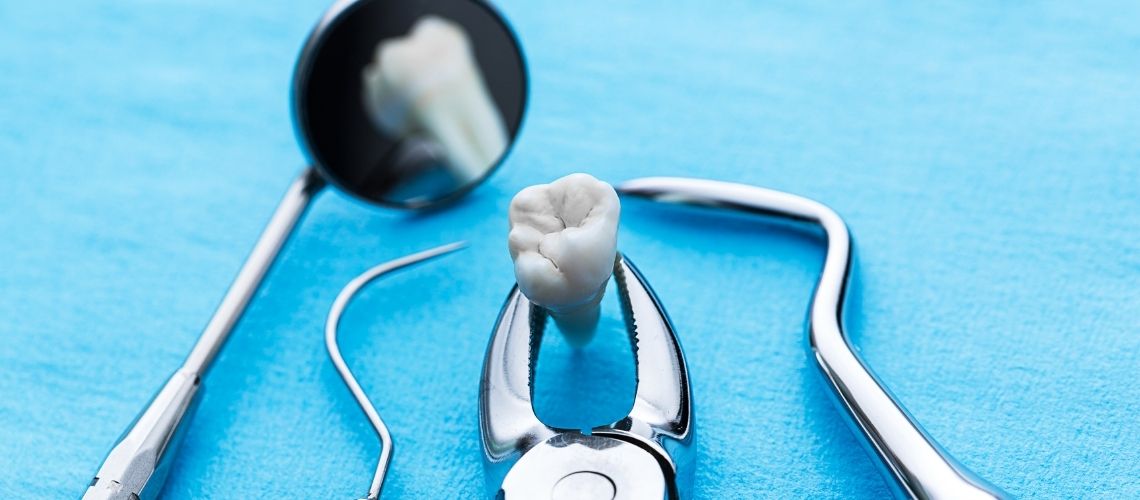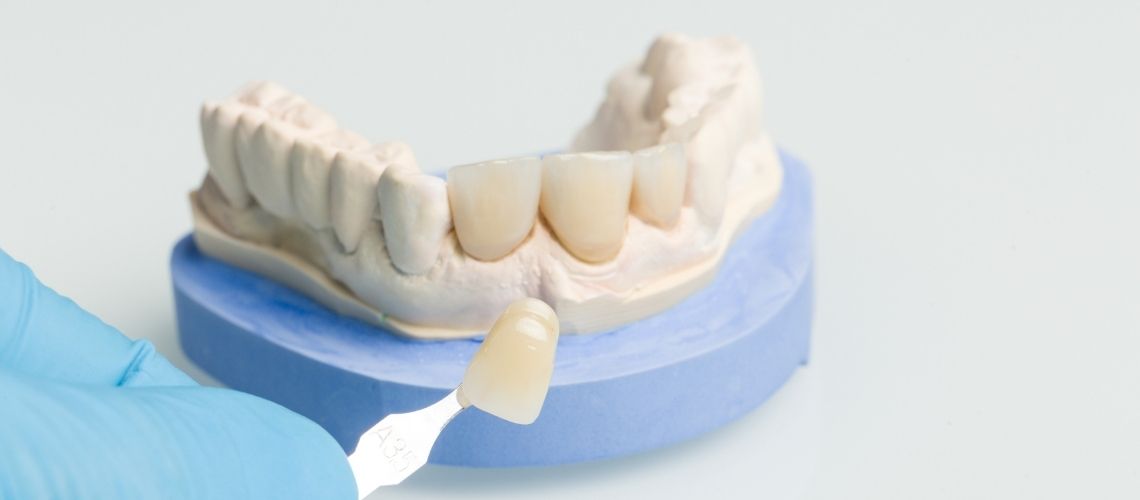A bone graft becomes essential when bone loss has occurred in the jaw. Such a procedure often takes place before dental implants are inserted or if bone loss negatively affects adjacent teeth. Additionally, Turkey offers numerous advantages for this treatment, including highly qualified specialists and modern clinics. Consequently, patients from around the world opt for bone grafts in Turkey. The costs are often lower compared to other countries, without compromising quality, making Turkey an attractive destination for such procedures.
What is a Dental Bone Graft?
A bone graft is used to increase volume and density in the jaw area where bone loss has occurred. The material for the graft can be of various origins. It can come from the patient’s own body, known as autogenous material. It can also be sourced from a human tissue bank, referred to as an allograft. Additionally, animal tissue can be used, known as a xenograft. In some cases, synthetic material, called an alloplast, is used. Thus, different types of graft materials are available:
- Autogenous material
- Allograft
- Xenograft
- Alloplast
Each of these options has specific advantages and applications, and the choice of material depends on various factors, such as the patient’s individual situation and the treating doctor’s preference. Turkey offers an advanced medical infrastructure for such procedures, providing patients with access to high-quality treatment.
Before & After Photos
Experience the impressive transformations of our happy patients.
How a Dental Bone Graft Works
A bone graft serves as a support structure on which the body’s own tissue can repair and regenerate. Once the graft is placed, it creates the necessary space for natural bone to grow. It functions similarly to a scaffold, providing the basis for new bone tissue formation. In some cases, the dentist may supplement the bone graft with platelet-rich plasma (PRP) derived from the patient’s blood. This process accelerates healing and promotes tissue regeneration. The benefits of this combination include:
- Accelerated healing of the graft and surrounding tissues.
- Improved regeneration of bone tissue.
- Reduced risk of complications after the procedure.
By supporting healing, PRP allows the patient to experience faster recovery and more effective integration of the graft. These advanced methods make bone grafts in Turkey particularly successful and attractive for patients worldwide.
Get free offer for Bone Grafting in Turkey
Who Needs a Dental Bone Graft?
A bone graft is essential for individuals who suffer from bone loss in the jaw area. This particularly applies to those planning to replace missing teeth with dental implants. Additionally, this procedure is necessary for those with a gap after a tooth extraction. Rebuilding the jaw with a graft may also be required before fitting dentures. Patients with bone loss due to periodontitis (gum disease) are also potential candidates for a bone graft.
- Dental implants as a replacement for missing teeth
- Rebuilding the jaw before fitting dentures
- Treating bone loss caused by periodontitis
This procedure is commonly performed and can be done by a general dentist or specialists such as periodontists or oral surgeons. The frequency of such procedures underscores their importance in modern dentistry.
Different Types of Dental Bone Grafts
In modern dentistry, four main types of bone grafts are distinguished. First, there is the socket preservation graft, also known as ridge preservation. This is placed immediately after a tooth extraction to prevent bone loss and stabilize the socket’s sidewalls. Additionally, there is the ridge augmentation, which is used when teeth have been missing for a long time, and the supporting jawbone has become narrower. This method increases the width and volume of the jawbone, providing a stable base for implants or other restorative measures.
- Sinus lift: For missing upper molars, the maxillary sinus can drop down. A sinus lift raises the sinus and allows the placement of implants by positioning a bone graft underneath.
- Periodontal bone graft: Used to treat bone loss caused by periodontitis to stabilize the teeth and provide additional support.
In most cases, the bone graft must fully heal before the actual implant can be placed. Recovery times vary from person to person.
Take 360 Tour of Our Clinic
Procedure Details of a Dental Bone Graft in Turkey
Before placing a bone graft, the dentist conducts a thorough examination of the teeth, gums, and jaw. X-rays or scans are used to determine the extent of bone loss. The dentist then explains the treatment options and creates an individualized treatment plan. During the operation, the area is numbed locally. A small incision in the gum provides access to the jawbone. After cleaning and disinfecting, the bone graft material is inserted to repair the defect. Often, the graft is covered with a membrane for additional protection. Finally, the gum is repositioned, and the incision is closed with stitches.
Post-operation, patients may experience pain, swelling, and bruising. These side effects should subside within a few days. Symptoms are treated with painkillers, and the dentist may also prescribe antibiotics, which must be taken precisely as directed. Small bone fragments that come out of the wound are usually not a cause for concern. Most patients report little to no pain as long as they follow postoperative instructions carefully.
How Much Does Bone Grafting Cost in Turkey?
At Hollywood Dental Clinic, the cost of bone grafting in Turkey starts at €150 per cc. The total price may vary depending on the amount of graft material required, the complexity of your case, and any additional procedures. Check our price page for more details.
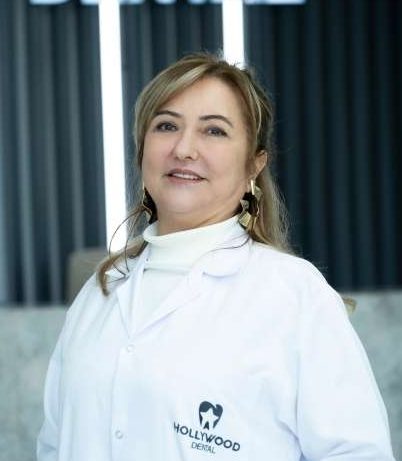
Dentist Handan Nohutcuoğlu graduated from Ege University Faculty of Dentistry in 1987. He has gained experience in various fields by working in many dental polyclinics throughout his career, combining his knowledge and experience. He continues to work at Hollywood Dental at the moment.


















